Cold wet weather is most definitely harder on the turkey hunter than the turkey. These birds are quite well adapted to dealing with snow and cold conditions. Find open areas when the sun does come out hidden meadows logging roads or a hidden food plot, because turkeys especially gobblers will sun and warm themselves in these open areas. On Spring days when there’s a cold light rain, drizzle or very heavy fog, these birds will sometimes spend all day in fields. When the sun does peaks out, gobblers tend to gobble and cover some ground in order to make up for lost time. This is especially true after a big, but short thunderstorm. I’ve also noticed that loud clap of thunder can cause every tom in the county to gobble uncontrollably.
Snow and cold temperatures will definitely make turkeys sluggish in their daily routines and change their patterns, that leaves most hunters wondering where all the birds have vanished. Turkeys in general tend to call less when cold weather arrives. Gobblers tend to talk less, making it harder to call a gobbler into gun range. Don’t be surprised to have a tom come into your set-up dead silent. Unlike rainy conditions, cold and snow will also cause both hens and gobblers to stay on the roost longer and become lethargic. A great tactic for hunting in the snow is to hunt mid-morning when temperatures warm up a bit. Mid-day temperatures are more appealing for a tom to fan himself compared to the frigid early morning temperatures. Scout for open areas where the sun will warm the fastest. If the area is hilly or there are slopes, sit up on the southern side of the hills. These areas will heat faster and be the warmest areas. Scout strut zones that will lose snow the fastest and warm the quickest. A gobbler following his hens will tend to scratch and look for food in these open areas. Scratching for food is much more difficult in the snow but turkeys will look for simplest way to find a food source when conditions are less than ideal.
Dealing with a steady rain, especially a cold one, toms tend to shut down. Toms and hens sit on their roosts longer. I will usually stay in camp or do some scouting until the rain begins letting up, then its run and gun time to an area with open fields, gas and power lines also be sure to glass pastures and alfalfa fields. Turkeys are alot like us and generally don’t like to get soaking wet so after a rain they will gravitate into open areas. They also like secluded open areas because this is where the sun will shine brightest and they will get into the sun to dry their feathers. Another good tactic is hunting just ahead of a storm front can be very productive and informative for the next days hunt. Turkeys can feel the barometric pressure change when a thunderstorm is coming and they instinctively know to feed, sometimes heavily in the open terrain.
Don’t let mother natures fury beat you this turkey season. Make sure you are always wearing or carrying warmer clothes, allowing you to stay dry and comfortable keeping you in the woods longer for a better opportunity at a gobbler. Make sure your turkey calls and strikers are stored in a plastic bag, moisture will reek havoc on your friction calls. Mother Nature in Spring is the definition of fierce and unpredictable, one day 75 sunny next day rain snow 43, but this year don’t let the unpredictable spring weather make or break your spring turkey season.











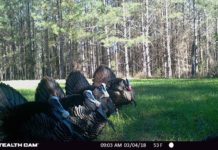

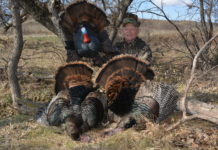


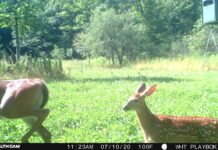
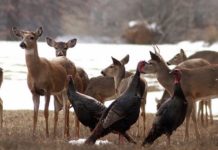

![The Best Deer Camp Chili [VIDEO] Deer Chili Ingredients, Tomatoes, Chili Spices](/wp-content/uploads/2015/10/Deer-Chili-Deer-Camp-Recipe-218x150.jpg)
![How to Call Elk Early in the Season [VIDEO]](/wp-content/uploads/2016/08/byers003-218x150.jpg)

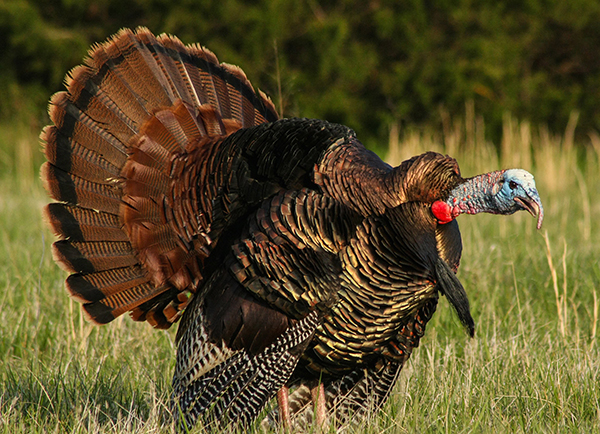












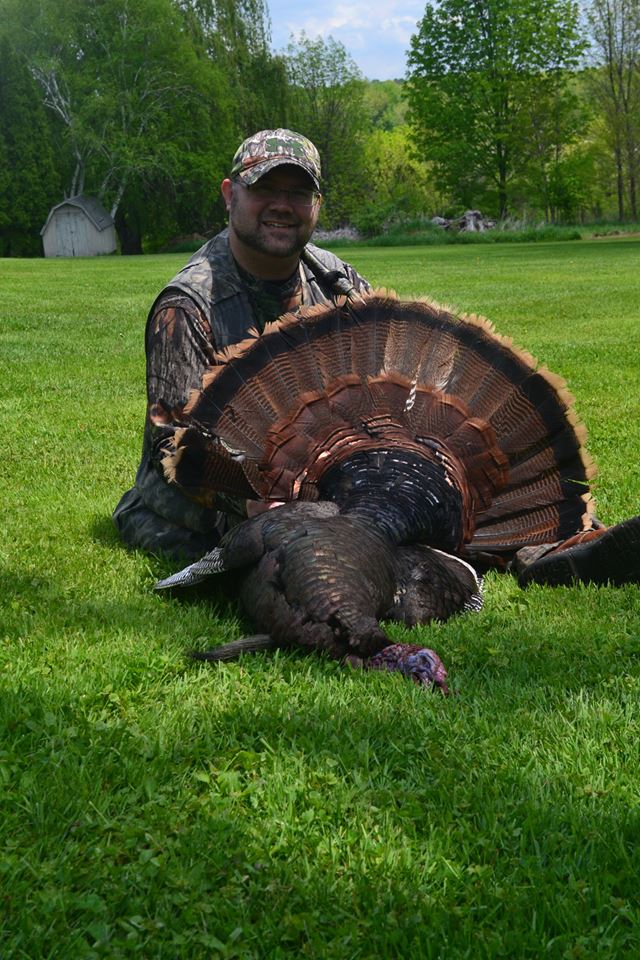
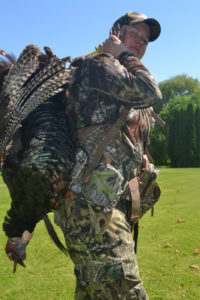
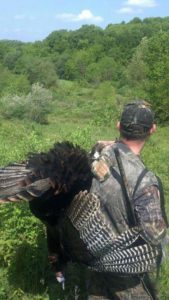
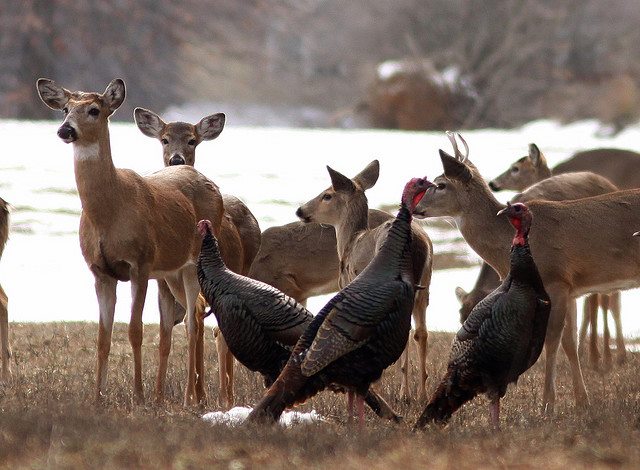

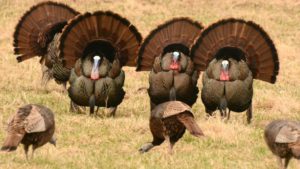


![Idiots Disturb Hunter: How Would You Have Handled It? [VIDEO]](/wp-content/uploads/2015/10/DSC00110-e1474487693878-100x70.jpg)
![Albino Buck Shocked to Shed His Antlers [VIDEO]](/wp-content/uploads/2015/10/AlbinoDeer-100x70.jpg)